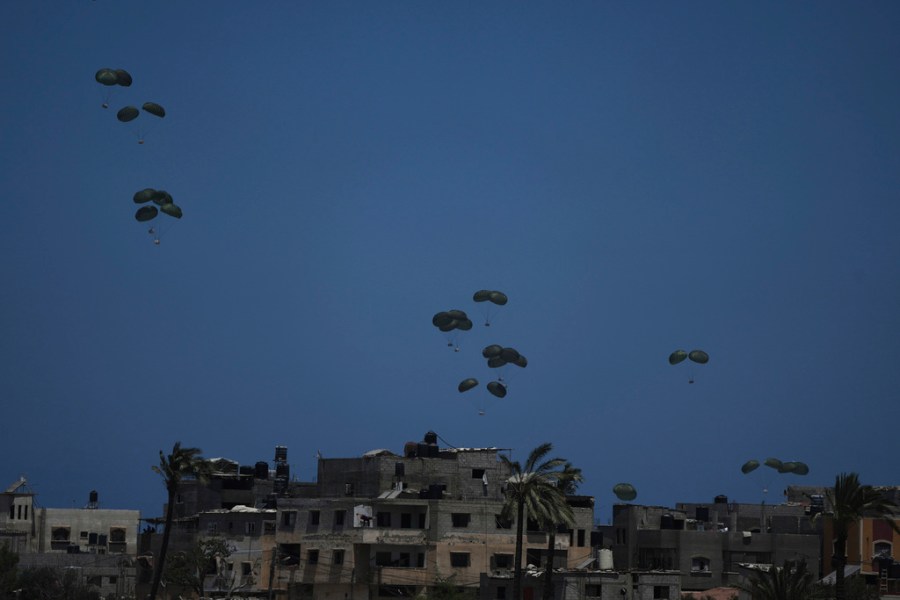Israel is currently navigating a complex situation in its ongoing conflict with Hamas. The group not only poses a significant military threat but also holds living hostages, which complicates Israel’s response and influences its standing in the international community. As of October 2023, this precarious balance has forced Israel to reassess its military strategies while managing the expectations of key allies, particularly the United States.
Understanding the Challenge
Hamas has demonstrated its ability to manipulate public perception and leverage international support through tactics such as using human shields and targeting Israeli civilians indiscriminately. This situation creates a double standard in the global response to the conflict, placing Israel in a difficult position. The challenge lies in ensuring the safety of its citizens while also addressing the humanitarian concerns raised by the international community.
The Israeli government, under the leadership of Prime Minister Benjamin Netanyahu, is aware that how it manages this conflict will significantly impact its relationship with the United States. Washington’s support has historically been crucial for Israel, especially in terms of military aid and diplomatic backing. Balancing military objectives with diplomatic realities is essential to maintain this vital alliance.
Shifting Strategies for a Complex Victory
To redefine what constitutes a “strategic victory,” Israel is exploring avenues beyond traditional military successes. This includes diplomatic efforts aimed at securing the release of hostages held by Hamas. Engaging in negotiations, even under duress, may provide a pathway to mitigate the immediate threat while lessening international criticism.
Additionally, Israel’s approach to public relations has become increasingly important. The Israeli government is working to counteract narratives that portray it as the aggressor. By highlighting its own casualties and the impact of Hamas’s tactics on civilians, Israel hopes to sway international opinion. The ongoing conflict has not only resulted in military casualties but also has severe implications for civilian life on both sides.
The U.S. Administration has an influential role in this dynamic, often mediating discussions and pushing for a ceasefire or de-escalation. U.S. officials have expressed a commitment to Israel’s right to defend itself while also advocating for humanitarian considerations. The delicate balance of support versus pressure reflects the complex nature of the relationship, particularly as global sentiments shift.
As the situation unfolds, Israel’s ability to manage both military objectives and international relations will be crucial. The stakes are high, with the lives of hostages and the safety of civilians at the forefront of this conflict. The response from the international community, including public opinion in allied nations, will also shape the future of Israel’s strategies in this ongoing struggle.
In summary, Israel’s current approach to the conflict with Hamas reflects a multifaceted strategy that aims to achieve military goals while preserving diplomatic relations, particularly with the United States. The outcome will likely influence not only regional stability but also the broader geopolitical landscape.






































































